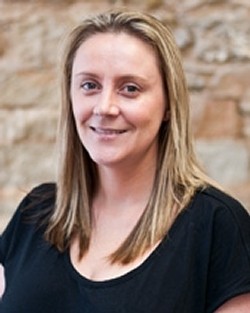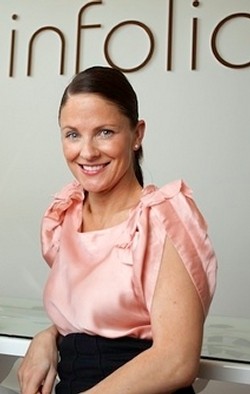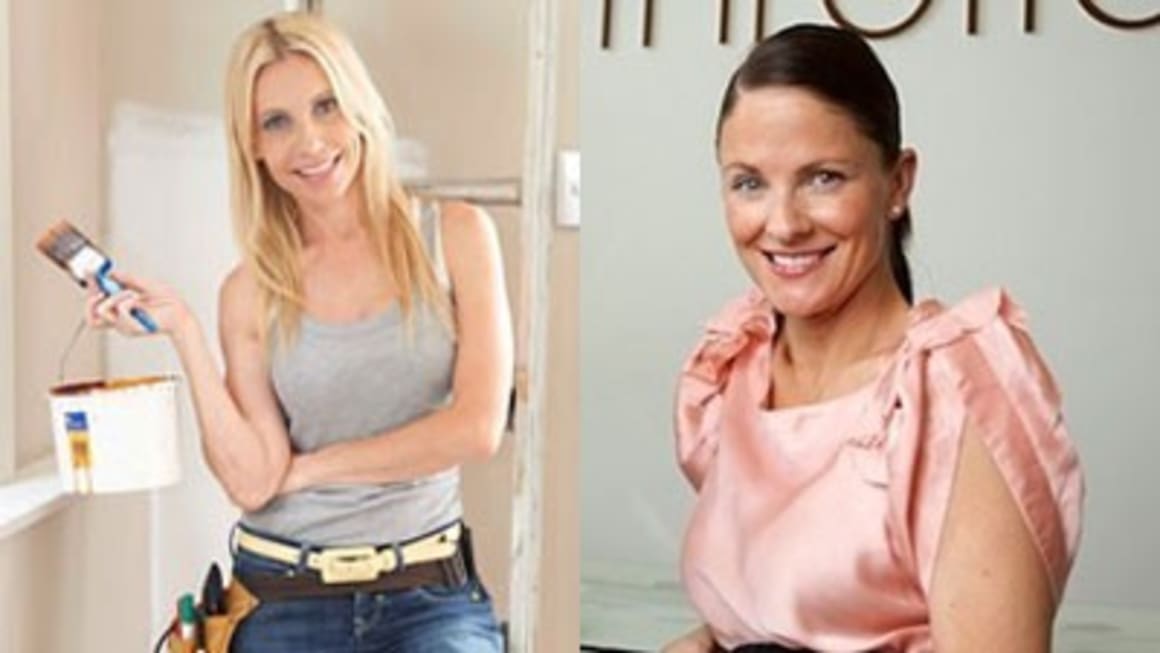10 top gender barrier-breaking female entrepreneurs – Page 2 of 2 – StartupSmart
5. Rebekah Campbell – Posse
Becoming the manager of a leading band is rare enough among women, but even fewer have then switched careers to become a high-flying tech entrepreneur.
Rebekah Campbell has defied the odds to launch Posse, an online platform that allows bands to offer rewards, such as tickets or backstage access, to fans that undertake various tasks, such as increasing the artist’s Facebook ‘Likes’.
Although the promotions-based site is little over a year old, it has sparked high-level interest both in Australia and overseas. Google Maps founder Lars Rasmussen is an advisor and has predicted a big future for Posse.
Campbell says: “(Starting up) was a long and tricky process, and it probably aged me by 10 years, but I learnt so much along the way.”
“As a non-techie, I could identify clearly the problem that needed to be solved. A lot of tech companies can’t do that. But I needed to surround myself with the right people.”
“I realised that the difference between a superstar tech team and a good tech team is the difference between Facebook and a shipwreck.”
6. Catherine Prosser – StageBitz
Having founded Canberra-based theatre software company Production Genie, Catherine Prosser was well aware of the rigors of starting a tech business.
But that didn’t stop her from seizing the opportunity to launch another business, StageBitz, when the opportunity presented itself.
StageBitz is a cloud-based web app that helps stage, film and TV production professionals easily manage their props and connect with others.
Sydney seed fund Pollenizer liked the idea so much that it has backed Prosser, while Mat Lawrence, head of props at Opera Australia, is a co-founder.
“Most of the time, people don’t think that a product like this exists, Prosser told StartupSmart last year.
“We’re not doing a new type of an existing product – it’s a brand new thing. It’s not so much brand awareness but solution awareness, if you like, so that’s the biggest challenge.”
7. Kylie Gentle – Design Experts

As the co-founder of Design Experts, Kylie Gentle was recently named a nominee for Young Entrepreneur of the Year in the Asia Pacific Business Excellence Awards.
Prior to Design Experts, which Kylie co-founded with her husband Tim, she worked as a housekeeper and cook on an outback cattle station.
With long days and lots of time to spare, the Gentles began to build websites for local communities, which is how Design Experts was born.
“[In regional areas], you’re dealing with a certain demographic that doesn’t necessarily want to deal with a woman,” Kylie says.
“I’ve had to bite my tongue, regarding what I would normally say, and think about how I deliver my message.”
8. Dale Burke – What Scratch?
Dale Burke co-founded automotive scratch repair business What Scratch? with her husband Matthew. Last year, the business appeared in the StartupSmart Awards top 50.
Dale says it’s her name that has proved to be the most eye-opening aspect of being female in a male-dominated industry, particularly when people speak to her for the first time over the phone.
“They’re expecting to call a man – it’s a male-dominated industry and I’ve got a male-sounding name, so I get some very interesting reactions when I say, ‘This is Dale speaking’,” she says.
“I’ve had people hang up on me or say, ‘The ad said if I call this number, I would be speaking to the franchisee’. I have to explain that I am the franchisee.”
“Usually, I just make a joke about it and start talking about the business. After a few sentences, they realise I know what I’m talking about. I have to win them over, I suppose.”
9. Lauren Staley – Infolio

Shaking up an industry that can be both resistant to change and male-centric is a challenge that Lauren Staley has not shied away from.
Following a lengthy career in real estate, Staley realised there was a gap in the market for an end-to-end service that looked after the interests of all the parties involved in property transactions.
She founded Melbourne-based buyers advocacy and property management company Infolio in 2008, also branching out into auction bidding, property negotiation and renovation guidance. Infolio is now making significant headway in the property market.
Launching just before the GFC was a chastening experience for Staley, but it allowed her to remodel the business from the ground up, aiding its future growth.
“I think it’s better to start from humble beginnings,” she says.
“It gives you more focus. When the GFC hit, it was a humbling experience. We prospered because we had to be resilient and not spend money that didn’t make us money.”
10. Caroline Robinson – Wheatbelt Business Network
Caroline Robinson lives in Woolocutty, a tiny town in the middle of WA, and is the founder of the Wheatbelt Business Network, established to promote the services of local businesses.
The WBN also provides opportunities for entrepreneurship and networking, training and education, and the advancement of women in business.
“I’ve always run my community development and project management business as much as I can using online tools, email and Skype, rather than travel five hours for a one-hour meeting,” she says.
Robinson also highlights the value of having a support network to draw on, including a director’s course she attended, in addition to the Rural Industries Research and Development Corporation.
“I know I can ring and ask any of the women I was with [during the course] or the RIRDC alumni for advice on a problem,” she says.

